We are entering a new era: the age of the digital organization. Businesses will face significant challenges but will also flourish like never before.
Digitalization and digitization have become increasingly important priorities for companies who have seen the transformation of business models driven by customer behavior have increasingly started to adopt online channels.
This blog discusses the digitization of business processes and how data and information management play a fundamental role in digital transformation initiatives.
Digitization is the conversion of analog information into digital form with suitable electronic devices so that the information can be processed, stored, and transmitted through digital circuits, equipment, and networks.
Digitalization is converting the information that is collected into a digital format that influences the entire work environment and implies the rethinking of corporate strategies.
Corporate digitization is the process by which a company uses digital tools, technology, and ecosystems to deliver greater value to customers, usually through new experiences, solutions, and business models.
Digital transformation is not just about digitizing data but also includes changes in adopted technologies, corporate culture and organizational processes that lead to better business outcomes, including better customer experience.
Digital transformation not only affects customer interactions and transactions, but also completely changes business operations. As hybrid working models increasingly become the norm, companies must adapt so that employees can work and collaborate efficiently, regardless of their physical location. Adopting cloud-based technologies that keep people connected and information centralized ensures that businesses set themselves up for success while staying ahead of digital transformation.
The key here is that digital transformation requires a fundamental change in the way we think and act. Simply applying the technology to an existing process isn't going to help you much. Businesses need a true digital information hub that connects employees and knowledge so everyone can quickly access the data they need in their workflow.
Corporate digitization: the advantages
To promote a more dynamic and engaging working environment, it is essential to facilitate clear lines of communication. Allowing access to information for all departments in the company is one way of doing this.
This is why it is essential that a digital information hub is at the heart of your digital workplace, integrating with other applications and centralizing important knowledge resources across the various channels used by your teams.
According to the multinational Gartner, digitalization is "the use of digital technologies to change a business model and provide new opportunities for revenue and value creation".
The digitalization process is observed every time a company uses digital tools and services to reach its audience in a different way. For example, every time a new product is developed that offers more value to a customer, and every time a company adopts a new technology that allows it to be better than the competition. Digitalization occurs virtually whenever a product or service changes (due to technology) such that the customer experience or interaction pattern is restructured around digital communication.
To adapt to changing customer expectations, it is essential that companies adopt the mindset of the digital organization. But what exactly is it? The digital organization mindset is a way of thinking about solving problems and creating value through different integrated tools, always keeping a focus on the end customer. Continuously looking for ways to satisfy your customers by going beyond their expectations by implementing digital solutions will surely be a success factor for your business.
The main advantages of implementing digitalization in a company are many:
- Enable faster decision making
- Enable uninterrupted performance monitoring
- Generate deeper customer insights
- Creating more compelling customer experiences
- Automate manual tasks
- Innovate new products, services and business models
The steps towards corporate digitization
1. For each process you're looking to digitize, develop a clear framework for identifying the goal and related success measures.
Define your specific goals and keep your end goal in mind. The key here is to develop the strategy to achieve the goal and define the most suitable quantitative metrics (e.g., time savings, cost savings, increased customer satisfaction) that will help you achieve the desired result.
2. Determine what type of business process you want to digitize, whether operational, managerial, supportive.
Understanding the type of process relevant to digitization helps determine which stakeholders to involve, which best practices should be reviewed and which benchmarks to use.
3. Define your digital business model.
The best way to define your digital business model is to think about how different digital platforms enable companies to innovate and take advantage of emerging trends while staying ahead of the competition.
Digital business models enable organizations to leverage technology to meet customer needs in unique ways that create competitive differentiation and that create financial sustainability.
4. Create a digital transformation roadmap.
A digital transformation roadmap is a clear visual representation, sequentially over time, of the organization's key strategic digital goals. A roadmap is useful for communicating digital strategy in an easy way to employees and stakeholders throughout the organization.
In this way, everyone can see how digital technologies and processes support the company's existing goals and will help achieve and advance its vision and mission.
If you need support to build and implement your digital strategy, contact us for a free consultation!
We at Ekeria will be happy to put our services at your disposal and advise you in the best possible way thanks to the expertise that distinguishes our teams!
.webp)


